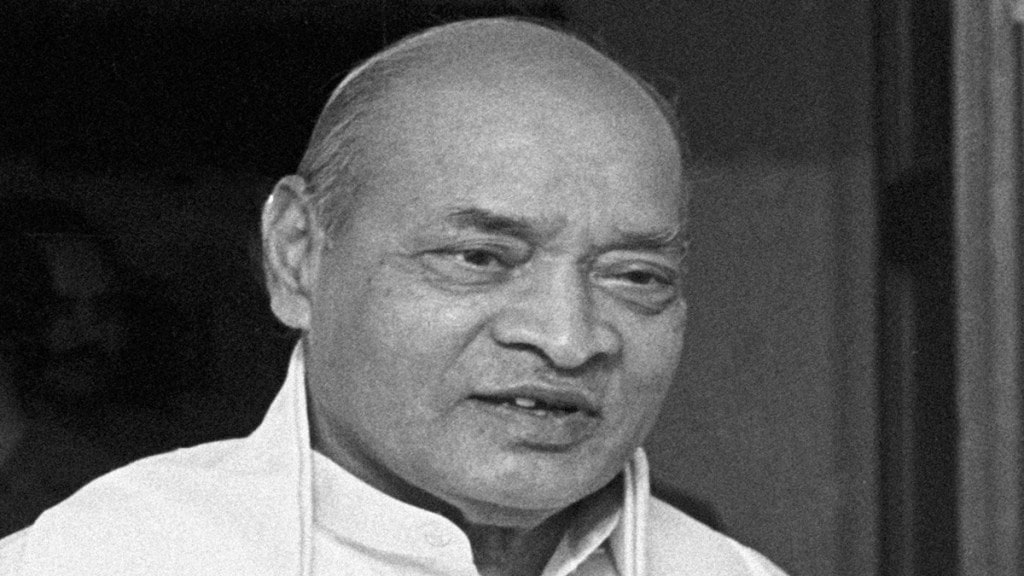In a surprise move, Prime Minister Narendra Modi on Friday announced that it will award the prestigious ‘Bharat Ratna’, India’s highest civilian award, to India’s former PM and Congress leader PV Narasimha Rao. He is being conferred the award more than 19 years after his death.
Often referred to as the ‘Chanakya of Indian politics’, Rao is known for his skilful political manoeuvring.
He was the Prime Minister from 1991-1996 and the first Congress leader from outside the Nehru-Gandhi family to complete a full five-year term. His tenure saw the Babri Masjid demolition, the rise of the saffron forces and also the country being placed firmly on a new economic path, away from the Nehru years of public sector socialism.
Rao was born in an agrarian family in Vangara village of Karimnagar district of undivided Andhra Pradesh on June 28, 1921. He studied at the Osmania, Bombay and Nagpur Universities from where he earned his BSc and LLB degrees.
His political stint began in 1938 when he protested against the Nizam government’s ban on singing “Vande Mataram” in his college.
A staunch and trusted loyalist of the Nehru-Gandhi family, Rao held several important portfolios including, MEA, defence and Home during the 80s.
Interestingly, Rao did not contest the 1991 elections and was said to have reconciled to political retirement. But fate had it otherwise.
Following the assassination of Rajiv Gandhi on May 21, 1991, Rao became the consensus candidate for the Congress president’s post and he was selected as the PM.
A landmark event that marked his rule was the demolition of Babri Masjid in Ayodhya in 1992, following which communal riots took place across the country.
Rao was the Union Home Minister when riots erupted after the assassination of Indira Gandhi in 1984. He was then blamed for “criminal inaction”.
The ex-PM also had the distinction of being the first PM in the country to face criminal charges and accusations. He was finally cleared in all three cases he faced trial for — the Jharkhand Mukti Morcha MPs’ bribery case, the St Kitts forgery case and the Lakhubhai Pathak cheating case in which controversial godman Chandraswamy was involved.
In 1993, a year after the securities scam, Big Bull Harshad Mehta created a sensation when he is alleged to have handed over to Rao a suitcase with Rs 1 crore at his residence. It took a while for Rao to come out of the political crisis that the muck had left behind.
The multiple scams made his government unpopular, leading to the defeat of the Congress in the May 1996 Lok Sabha polls.
His economic reforms agenda primarily focused on ‘liberalisation, privatisation, globalisation’, often referred to as LPG. The Rao-Manmohan Singh duo is credited with pulling back the country from the economic brink it was facing at the height of a severe foreign exchange crisis.
As the PM, he also implemented V P Singh’s pet project, the Mandal Commission report.
Rao passed away on December 23, 2004 at the age of 83.
(With PTI inputs)


